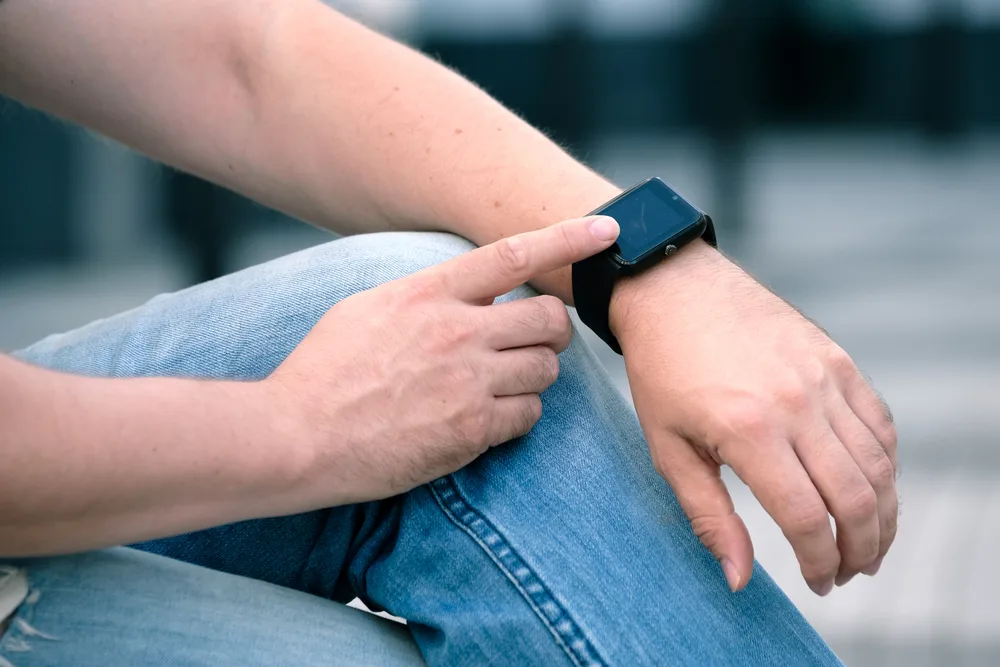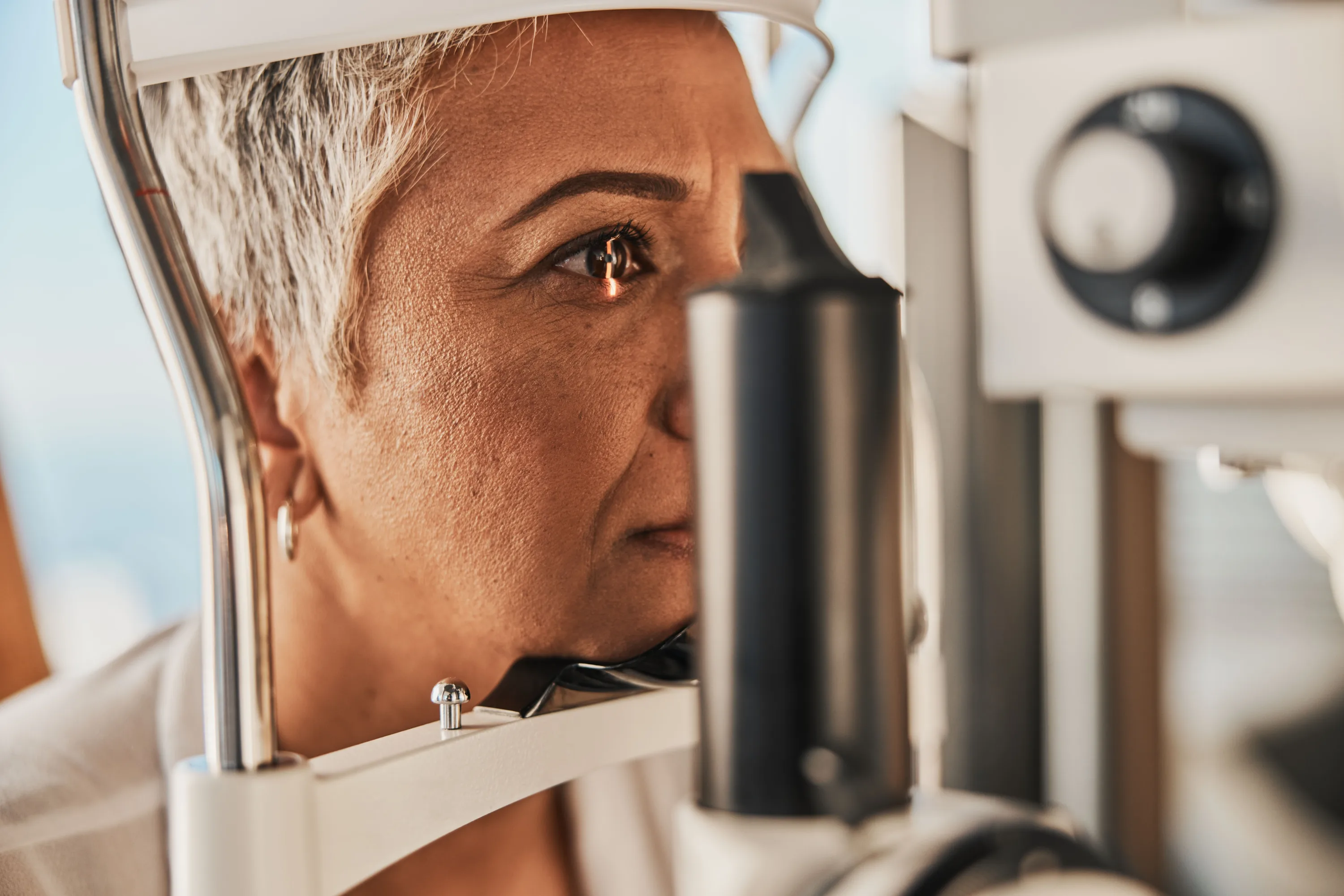
Vision is one thing that many people take for granted. However, vision problems can start even in kids, especially because of the electronic devices we use so often. The use of electronic and digital devices, as well as the overall casual attitude about vision health and eye care is causing a dramatic rise in vision problems. Fortunately, these problems can be prevented with proper eye care.
Want to make sure that your vision stays sharp and clear as you get older?
Start with these tips.
Wear UV-Blocking Sunglasses
UV-blocking sunglasses are essential for protecting your eyes from harmful UV light. Always have a pair of sunglasses with you when going out, especially if you are outdoors and exposed to sunlight for most of the day.
Even if the day is overcast and gloomy, harmful UV rays can still pass through and damage your eyes if you are outdoors long enough. Always keep a pair with you. Keeping sunglasses as part of your daily outdoor outfit can help protect your eyes from acute and long-term damage. It can also help reduce the risk of diseases like cataracts when used properly.
Diet
A diet rich in antioxidants and B vitamins can help keep the eyes healthy and sharp. Antioxidants help reduce the risk of cataracts and promote overall cellular health. The good thing about antioxidants is that they are easily found in fruits and vegetables, especially green leafy vegetables.
It is also important to incorporate essential fatty acids in your diet. These can help reduce the risk of macular degeneration. Fatty acids are present in nuts, fatty fish like salmon and other foods. You can also take antioxidant supplements just to make sure you are getting your daily required dose for healthy cells.
Get a Yearly Eye Exam
A regular eye test is crucial if you want to detect eye problems at their earliest stages. Early detection during a yearly eye checkup can prevent eye problems from becoming worse. This is true for kids as much as it is true for adults. Early diagnosis of eye problems in kids can help increase their chances of maintaining good vision as they get older.
Go for a Regular Physical Exam
An annual physical exam is also very important, especially if you have a history of hypertension and diabetes. Vision loss and nerve damage are two of the common complications that can occur when diabetes goes unchecked. People with high blood pressure are also at great risk for developing similar eye problems.
It is therefore important to get regular physical exams and to follow your doctor’s advice to keep your blood pressure and blood sugar within normal levels as you get older. If you are a diabetic, your doctor may automatically schedule an eye exam for diabetics to make sure that complications are not present.
Limit Your Use of Digital Devices
You may not realize it, but you may be looking at digital screens for the most part of your day, including your cell phone, laptop and TV. Our cellphones are often the last thing we look at before drifting off to sleep.
Heavy use of digital devices can lead to computer vision syndrome, which is characterized by headaches, neck pain, dry eyes and eyestrain. If your job requires you to stare at the screen for the most part of the workday, use the 20-20 rule: After 20 minutes of working on the computer, take 20 minutes to rest your eyes. You can do this by staring at the horizon or by looking at something else, like a plant in the office or the view outside your window.
Stop Smoking
If you smoke, stop now. Smoking has been shown to increase the risk of macular degeneration, cataracts, glaucoma and eye nerve damage. Thsi is because smoking leads to the constriction of blood vessels and eventually to cell death. Damage to the blood vessels and nerves in the eyes naturally leads to vision impairment and in worst cases, permanent blindness. Smoking is also a no-no if you are pregnant, since smoking during this period can increase the risk of infant eye disorders.
Be Familiar With the Warning Signs
Eye problems can occur to anyone, but you have a good chance of recovery if you get early diagnosis and treatment. To do this, it is important to know what the warnings signs are. These include:
- Sudden or gradual worsening of vision.
- Discomfort around the eyes.
- Headaches.
- Double or hazy vision.
- Flashes.
- Bright floating spots.
- Seeing halos around lights.
- Unusual sensitivity to light.
- Unusual discharges in and around the eye.
- Itching or burning sensation around the eyes.
- Swollen eyes.
- Red eyes.
Go to the doctor if anything out of the ordinary occurs that changes how you see, no matter how minor. Do this especially if these changes persist for more than one or two days. Early detection can make a huge difference in treating any kind of eye problem.
Get Vision Insurance
Vision insurance can come in handy for anyone. It is especially important if you are prone to vision problems, you have underlying risk factors or your occupation raises your risk for vision problems. When you are insured, you are more likely to be able to care for your eye health, because check-ups, procedures and treatments may be covered.
Eye insurance can also cover instances of unexpected injury to your eye that can lead to long-term damage. Insurance can help you if you need a routine check-up or treatment for any vision-related ailment.
Conclusion
You don’t need to do anything drastic or shell out thousands of dollars to enjoy healthy vision and sharp eyesight. You just need to take care of your eyes just as well as you are taking care of the rest of your body.
Regular eye care is essential if you want to maintain your eye health. Eat the right food, give your eyes the rest they deserve, and go for regular check-ups and vision testing. Keep the tips above in mind so you can keep your vision clear and your eyes healthy for years to come.
By Admin –



